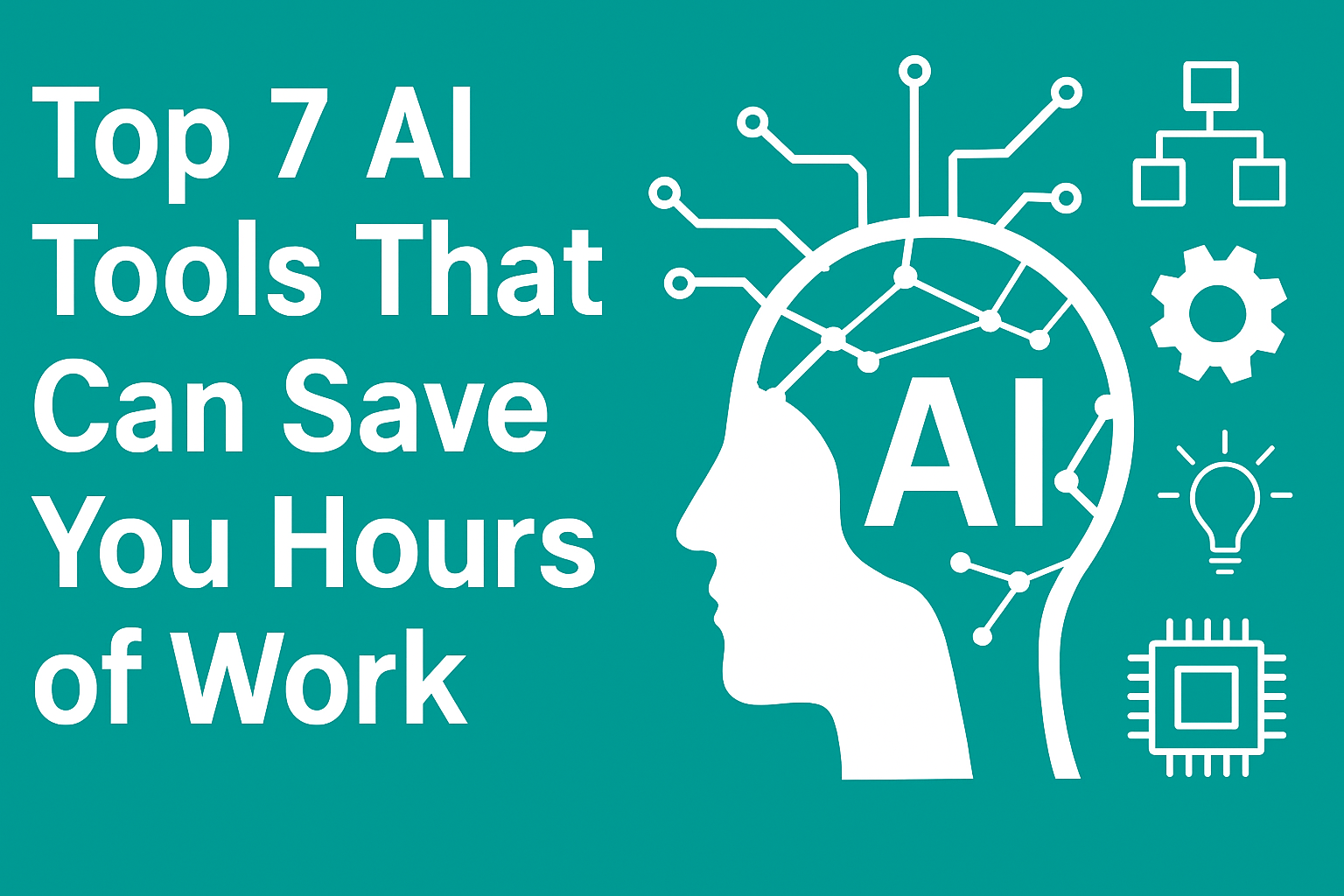AI in Daily Life: The New Personal Assistant
Artificial Intelligence (AI) has permeated our daily routines, becoming an indispensable tool for many, especially among Gen Z and Millennials. From scheduling appointments to enhancing self-care, AI apps are reshaping how we manage our lives. This article explores the balance between convenience and dependency that comes with integrating AI into our daily tasks.
The Rise of AI Personal Assistants
In recent years, AI personal assistants like Siri, Google Assistant, and Alexa have gained immense popularity. These tools go beyond simple voice commands to help users manage their calendars, answer questions, and even control smart home devices. For the younger generations, these features are not just novelties but essential components of daily life.
Scheduling Made Easy
One of the most prominent uses of AI personal assistants is scheduling. Users can effortlessly set reminders, schedule meetings, and even plan their day. For instance, apps like Calendly allow users to share their availability, making it easier to coordinate with friends or colleagues without the back-and-forth emails.
This level of convenience is particularly appealing to busy Millennials juggling work, social lives, and personal commitments. AI tools help streamline these tasks, ensuring that nothing falls through the cracks.
Enhancing Productivity
AI-powered productivity apps like Todoist and Notion have become essential for managing tasks and projects. These apps leverage algorithms to prioritize tasks based on deadlines and user habits, allowing individuals to focus on what matters most.
For example, a student using Notion can organize their study materials, set deadlines, and even track their progress through AI-driven analytics. This not only improves productivity but also enhances learning outcomes.
AI and Self-Care
It’s not just about productivity; AI is also making strides in self-care. Apps like Headspace and Calm utilize AI to personalize meditation and mindfulness exercises, making it easier for users to integrate mental health practices into their routines.
Personalized Recommendations
AI algorithms analyze user behavior and preferences to suggest tailored content. For instance, if a user frequently engages with stress-relief exercises, the app might recommend similar practices or even adjust the duration and intensity of sessions based on user feedback.
This level of personalization is crucial for maintaining a consistent self-care routine, helping users develop habits that promote overall well-being.
Balancing Convenience with Dependency
While the convenience of AI tools is undeniable, it raises questions about dependency. Are we becoming too reliant on these technologies? Some experts argue that heavy reliance on AI can diminish critical thinking and problem-solving skills.
As Gen Z and Millennials continue to embrace these tools, it’s essential to strike a balance between leveraging AI for efficiency and maintaining our ability to function independently.
Examples of AI in Daily Routines
To illustrate the integration of AI in daily life, let’s explore some real-life examples:
AI in Meal Planning
Apps like Mealime use AI to help users plan meals based on dietary preferences and available ingredients. Users can input their preferences, and the app generates a week’s worth of meal ideas, complete with shopping lists. This not only saves time but also encourages healthier eating habits.
Smart Home Management
Many young adults are adopting smart home technology to streamline their living spaces. AI-enabled devices like smart thermostats and security systems can learn user preferences and adjust settings accordingly. For example, a smart thermostat can learn when you typically come home and adjust the temperature to your liking, promoting energy efficiency and comfort.
Fitness Tracking and Coaching
Fitness apps like MyFitnessPal and Fitbit utilize AI to monitor activity levels and provide personalized workout recommendations. Users can set fitness goals, and the app will adjust their workout plans based on progress, ensuring they stay on track.
Ethical Considerations of AI Usage
As we embrace AI in our daily lives, we must also consider the ethical implications. Data privacy is a significant concern, as many AI applications require access to personal information to function effectively. Users must be aware of how their data is used and stored.
Moreover, the potential for AI to perpetuate biases is another critical issue. Developers must ensure that AI systems are designed with fairness in mind, avoiding the reinforcement of existing prejudices.
Looking Ahead: The Future of AI in Daily Life
The future of AI in daily life looks promising. As technology advances, we can expect even more sophisticated applications that will further enhance our routines. Innovations in natural language processing, machine learning, and data analysis will continue to reshape how we interact with AI.
Gen Z and Millennials will likely lead the charge in adopting these technologies, pushing for features that cater to their unique lifestyles and values. The integration of AI in daily life will continue to evolve, making it an exciting space to watch.
Conclusion and Call to Action
AI is transforming our daily lives, offering unprecedented convenience and efficiency. However, as we embrace these tools, it’s essential to maintain a balance to prevent over-dependency. By staying informed and critical of our use of AI, we can harness its benefits while preserving our independence.
Curious about how AI can enhance your travel experiences? Check out our Travel Hub for tips and insights. Want to delve deeper into tech innovations? Visit our Tech Hub. For wellness strategies that integrate technology, explore our Wellness Hub.
